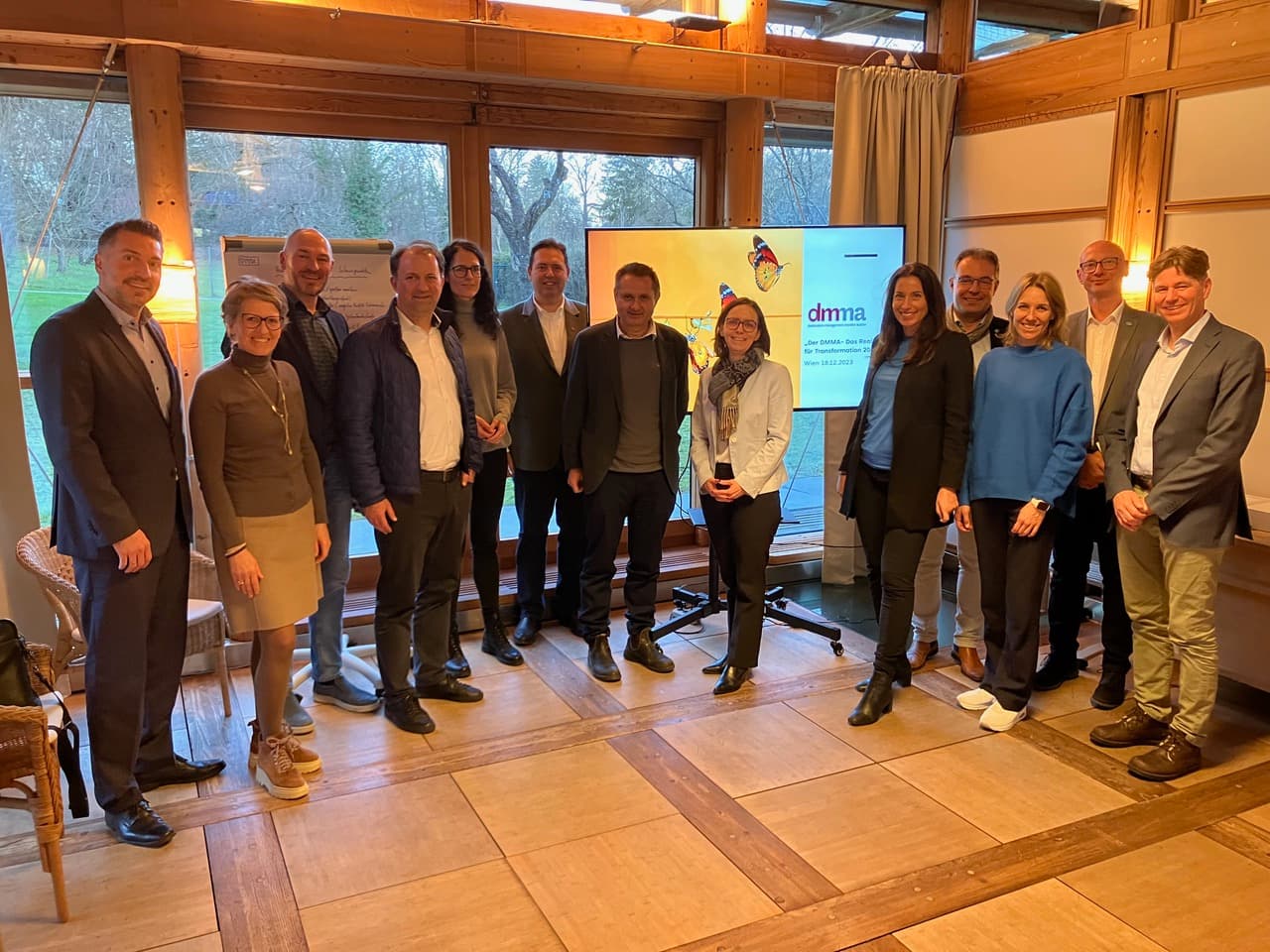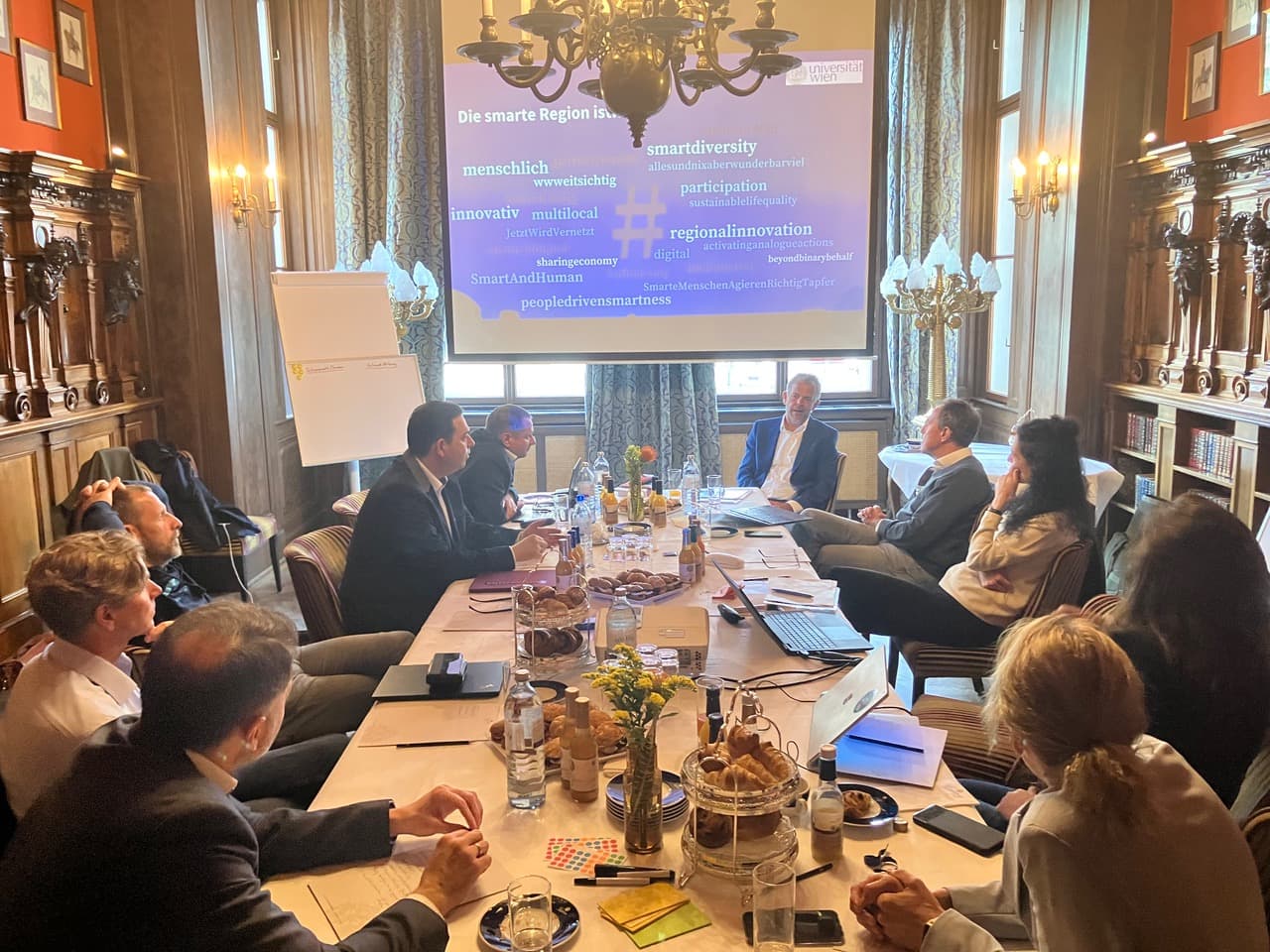what moves us
Today destination management organisations (DMO) are confronted as never before with the existential question: "What benefit can and must we provide for tourism and the people in our region?"
Even before the COVID19 pandemic we had noticed that the old-established recipes for success in regional tourism in Austria were becoming increasingly ineffective: it was reaching its ecological, social and/or economic limits in many areas. We therefore need to identify new questions in coming years and to answer them promptly where they will represent new factors for success.
Austrian tourism is embedded in the living spaces of its people. This has meant that long-term success has not only depended on competitiveness on an international scale, but also the embedding of tourism in each region and habitat. Today destination management involves developing regional resources as potential in a holistic manner and incorporating tourism as a dynamic shaping our living space in order to make a positive contribution to the regional quality of life.
The dmma association and its members have set themselves the task of identifying these new questions crucial to success ahead of the competition and joining forces to answer them. The dmma thus makes of its members competent and agile development and marketing partners who act on behalf of their regional service providers via internal and external networks.
what links us
We want to discuss future questions and their solutions in an interdisciplinary and international manner in a small, protected and familiar group (e.g.: What do the Digital/Green/Cultural & Systemic Transition mean, as well as further developments on the horizon, for each of us as person/manager, but also for our own organizations & regions).
We take the time to discover together!We also want to learn by doing - we independently operationalize what we have learned in agile cooperation groups - also with other system players!
We set ourselves the goal of intensive networking with other system players (e.g. BÖTM, Austrian advertising, state tourism organizations, regional management...)!
We are united by three principles that significantly influence our day-to-day management and help us increase the effectiveness of our actions and the efficiency of our work:
1. Openness to change and cooperation
We see our role as a committed learning and development platform of DMO managing directors working together to encourage and challenge each other
- to apply an international and business-minded approach,
- to call on outside expertise from many areas of society and science,
- to adopt the more demanding path of cooperation,
- to demonstrate a willingness and ability to innovate,
- to trust each other, with a resulting openness to learn and develop more quickly than our competitors.
In an awareness that we all have resource to knowledge from clever minds, we rely on inspiring each other to achieve greater things.
2. An understanding of the system is the basis for success
Destinations are regional integrated economic systems of the tourism industry. Their competitive force firstly depends on their structural strength (establishments, beds, facilities, etc.). However, another decisive factor is how they work together in different forms as a system of autonomous actors. This ability is known as "systemness", as the whole is, in many regards, greater than the sum of its parts.
3. Freedom
Public budgets need to save money. And our organisational bodies also rightly call for efficiency. Here we shouldn't forget that guests do not just opt for the most efficient destination, but for the most attractive offer. This above all calls for emotional appeal, passion, flair, creativity and freedom, including for our staff, the local establishments, so enabling them to be good hosts to their guests.
who we are
The association
The dmma, destinations management monitor austria, is organised in the form of an association. Its 25 members (as of January 2025) are tourism organisations whose managing directors are each represented by a seat and a vote at the general meeting of members held once or twice a year. These members however above all see themselves as a network that shares knowledge, experiences and a commitment to ideas. Networks are attractive if every member contributes freely to them. It is this level of commitment that accounts for the value of membership as a key criterion for success. The association is not oriented to profits but aims to enhance the professionalisation of destination management among its members.

The association is managed by the committee, which is made up of three elected members:
- Chairman: Andreas Purt, DMO Mostviertel
- Secretary: Manuel Bitschnau, DMO Montafon
- Financial officer: Roland Sint, DMO Nassfeld-Pressegger See-Weissensee-Lesachtal
The association finances are audited by Mag. Helmuth Micheler, DMO Klagenfurt und Mag. (FH) Mariella Klement-Kapeller, DMO Wiener Alpen in Niederösterreich.
The dmma association represents some 12,800 accommodation establishments, which register 27.6 million overnight stays. This shows a clear distribution of business between the main holiday periods in winter and summer.
how we work

Since our founding in 2000, we have been able to gain rich experience in our development work.
The DMMA as a “real laboratory for transformation” has the following focus areas for the years 2024 & 2025:
1. The managing directors own personal development
e.g.: change management, strategy in transformation, leadership...
“In order to master transformation, almost all organizations need to be rebuilt from the ground up. More and more managers are realizing that traditional management thinking is one of the biggest obstacles. What was once right is now wrong.”
Quote: Fredmund Malik is one of Europe's most renowned management experts and is a member of the Advisory Board of the Drucker Society Europe.
2. The development of the own organization/system
e.g.: structures/roles/skills/culture in change...
Current scientific research shows that DMOs in established contexts will need to place a focus on destination stewardship (balancing needs in a travel destination using participatory governance models). For this, the DMO needs process qualities and data in order to be able to operate between the public and private sectors. DMOs are moving away from a simple growth paradigm (marketing).
We need to address questions about DMO 2030: At which tables will we have to sit in the future? How do participation processes work? How can decisions be made? Methods and instruments to improve participatory work in the region? Innovation along the value chain. What will the future offer look like? (especially in the direction of value creation & year-round offers to extend the season)? Developing strong, motivating images of the future...
We use the following work formats:
1. Innovation and learning workshops (lab formats)
With this format, the dmma works on those challenges that are intended to provide answers to new questions. With the support of international experts and potential system partners, we prepare a topic in events lasting up to 2 days and work together on solutions.
2. Collaborative projects
We also want to learn by doing - the members independently operationalize what they have learned in agile cooperation groups (also with other system players)! Cooperation projects are financed separately by the participating members with a project budget.
3. dmma study trip and learning expedition
If the added value of a region increases with high tourism acceptance, we look at it and question the secret of success. If an exciting development, an outstanding project or a thematically interesting conference takes place in a region, we invite our members to visit together. The costs for these study trips are financed pro rata by the participants.
